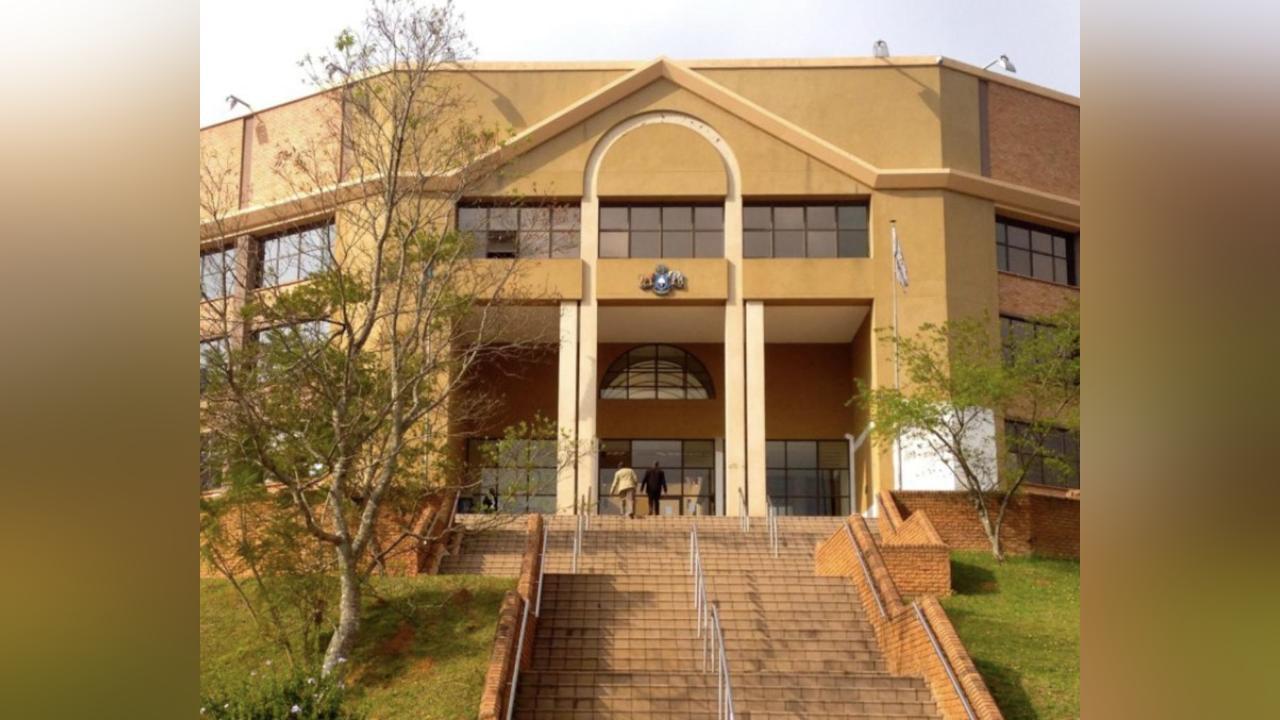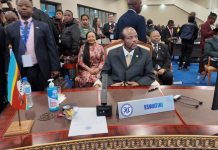Africa-Press – Eswatini. Following calls for the Judicial Commission of Inquiry into the Master of the High Court Office to be disbanded and non-publication of a gazette officially appointing the commission, Chairman Majahenkhaba Dlamini has declared that they would continue executing their duties until told to stop or otherwise.
This declaration was made by Dlamini, who also serves was a Judge of the Supreme Court, when asked what their position was the commission following the Law Society of Eswatini’s call for the Chief Justice, Bheki Maphalala, to nullify the commission.
The Society alleged that Maphalala did not have power under the laws of the country to establish a commission of inquiry.
Stated
Instead, they stated that the only law that governs commissions of inquiry and the mode of holding such commissions of enquiry was the Commissions of Inquiry Act No. 35 of 1963.
Section 3(1) of the Commissions of Enquiry Act reads: ‘Appointment of commissions of enquiry and mode of holding enquiry. Any minister may, by notice in the gazette, issue a commission appointing one or more commissioners, and may therein provide that one or more members shall constitute a quorum for the purpose of the enquiry’.
The Society further said the legal authority to establish a commission of inquiry into the Master’s office vested with the minister for justice and constitutional affairs, as minister responsible for the Judiciary and the Administration of Estates.
It has also emerged that the gazette officially appointing the commission had to date not been published yet.
the team of five judges already had four sittings where eight complainants, two males and six females, made oral submissions.
The chief justice when announcing the inquiry, indicated that it was being commissioned in terms of Section 139(5) of the Constitution of the Kingdom of Eswatini Act No.001 of 2005, which reads; ‘subject to the provisions of this Constitution, the chief justice is the head of the Judiciary and is responsible for the administration and supervision of the Judiciary’.
In view of these developments, Dlamini said “We will not stop doing our duty as a commission until told to so”. When quizzed as to whom they expect to instruct them to stop or disband the commission, he said it could be any relevant authority.
The five judges probing alleged gross maladministration, abuse of power and embezzlement of estate monies at Master’s office of the High Court are; Supreme Court Judge Majahenkhaba Dlamini (Chairman), High Court Judge Mzwandile Fakudze (Deputy), Judge President of the Industrial Court of Appeal Justice Sifiso Nsibande (member), High Court Judge Maxine Langwenya (member), Industrial Court Judge Lorraine Hlophe and acting Supreme Court Registrar Siphiwo Nyoni, who serves as secretary.
Inquiry
When appointing the commission, the chief justice stated that concerns about the Master’s office had been raised during the People’s Parliament.
Among the calls for the Master’s office probe during the People’s Parliament were:
“Your nation is crying. Orphans and widows are crying because of the Master of the High Court’s office.
“I am here to request that you institute a commission of inquiry into that office, so we can be given a chance to say what is happening in that office Your Majesty (King Mswati III).
We cannot access our parent’s money, but instead, it is given to lawyers. We are naked and our parents are hungry.
Once a parent passes on, our fields are taken from us. Today, the fields have been sold and there are homesteads there. The gate is locked. Your Majesty, please open the gate for us.”
For More News And Analysis About Eswatini Follow Africa-Press







